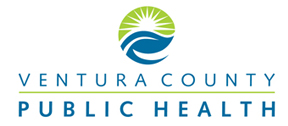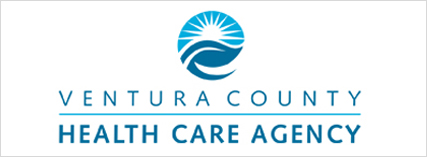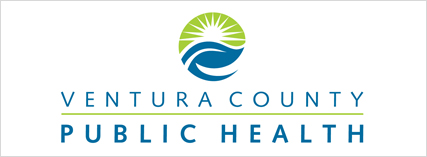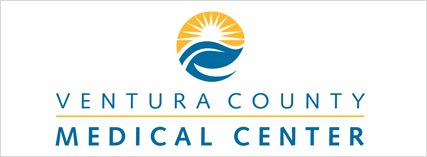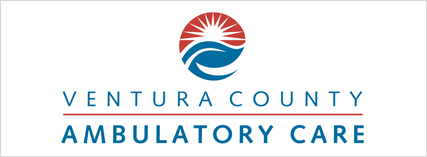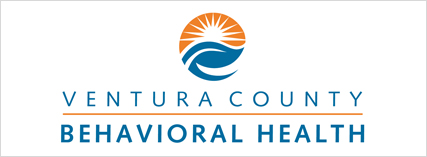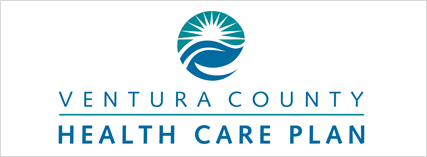WIC: Women, Infants & Children
Latest Update
Federal Aid Freeze update: WIC is open! Please continue to use your WIC benefits and keep your appointments as usual. For ongoing updates on WIC funding, visit myfamily.wic.ca.gov.
Actualización de la congelación de ayuda federal: ¡WIC está abierto! Por favor continúe usando sus beneficios de WIC y mantenga sus citas como de costumbre. Para actualizaciones continuas sobre la financiación de WIC, visite myfamily.wic.ca.gov.
WELCOME TO VENTURA COUNTY WIC PROGRAM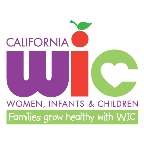
WIC appointments can be completed by phone or in-person at WIC sites. Look for appointment reminder messages alerting you of your phone or in-person meeting.
Am I Eligible for WIC?
To find out if you are eligible for WIC services use the online eligibility assessment by clicking here.
To enroll or change an appointment, or if you have questions about your WIC services, please call (805) 981-5251 or Toll-Free (in Ventura County) 800-781-4449 option 3.
You can also e-mail or text message us at wic.program@ventura.org (standard text message rates may apply).
Breastfeeding Warmline for WIC participants
Call (805) 833-1013 for breastfeeding questions, in-person breastfeeding appointments and breast pump loans. The warmline is available during regular WIC business hours, Monday-Friday, 8 a.m. to 5 p.m. Calls are routinely responded to within 1 business day, if not sooner.
WIC Locations
2240 E. Gonzales Road, Suite 170
Oxnard, CA 93036
M-F, from 8 a.m. – 5 p.m.
125 W. Thousand Oaks Blvd.
Thousand Oaks, CA 91360
M-F, from 8 a.m. – 5 p.m.,
closed for lunch from 1-2 p.m.
2500 South C Street, Suite A
Oxnard, CA 93033
M-F, from 8 a.m. – 5 p.m.
3147 Loma Vista Road
Ventura, CA 93003
M-F, from 8 a.m. – 5 p.m.,
closed for lunch from 1-2 p.m.
(temporarily closed until further notice)
620 W. Harvard Blvd.
Santa Paula, CA 93060
M- F, from 8 a.m. – 5 p.m.,
closed for lunch from 1-2 p.m.
1133B Los Angeles Ave.
Simi Valley, CA 93065
M-F, from 8 a.m. – 5 p.m.,
closed for lunch from 1-2 p.m.
How WIC Helps
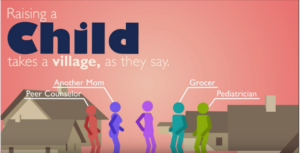
WIC is a health and nutrition program for growing families. WIC helps families by providing nutrition education, breastfeeding support, vouchers for healthy foods, and referrals to healthcare and other community services.
 Choosing healthy foods while pregnant, learning how to breastfeed, and taking care of your and your family’s nutrition is a big job. Find information on feeding your infant, child, and yourself here.
Choosing healthy foods while pregnant, learning how to breastfeed, and taking care of your and your family’s nutrition is a big job. Find information on feeding your infant, child, and yourself here.
Keeping Your Child Safe From Lead
In response to the U.S. House of Representatives report titled “Baby Foods Are Tainted with Dangerous Levels of Arsenic, Lead, Cadmium, and Mercury,” the California Department of Public Health Childhood Lead Poisoning Prevention Branch (CLPPB) has developed a new educational flyer on the topic of baby food safety, “Keeping Your Child Safe from Lead.” Click here for more information.
USDA Nondiscrimination Statement
In accordance with federal civil rights law and U.S. Department of Agriculture (USDA) civil rights regulations and policies, this institution is prohibited from discriminating on the basis of race, color, national origin, sex (including gender identity and sexual orientation), disability, age, or reprisal or retaliation for prior civil rights activity. Program information may be made available in languages other than English. Persons with disabilities who require alternative means of communication to obtain program information (e.g., Braille, large print, audiotape, American Sign Language), should contact the responsible state or local agency that administers the program or USDA’s TARGET Center at (202) 720-2600 (voice and TTY) or contact USDA through the Federal Relay Service at (800) 877-8339.
To file a program discrimination complaint, a Complainant should complete a Form AD-3027, USDA Program Discrimination Complaint Form which can be obtained online at: https://www.usda.gov/sites/default/files/documents/ad-3027.pdf from any USDA office, by calling (866) 632-9992, or by writing a letter addressed to USDA. The letter must contain the complainant’s name, address, telephone number, and a written description of the alleged discriminatory action in sufficient detail to inform the Assistant Secretary for Civil Rights (ASCR) about the nature and date of an alleged civil rights violation. The completed AD-3027 form or letter must be submitted to USDA by:
mail: U.S. Department of Agriculture Office of the Assistant Secretary for Civil Rights 1400 Independence Avenue, SW Washington, D.C. 20250-9410; or
fax: (833) 256-1665 or (202) 690-7442; or
email: program.intake@usda.gov
This institution is an equal opportunity provider.
Contact Information
Laura Flores, RD, CLEC
Program Director
